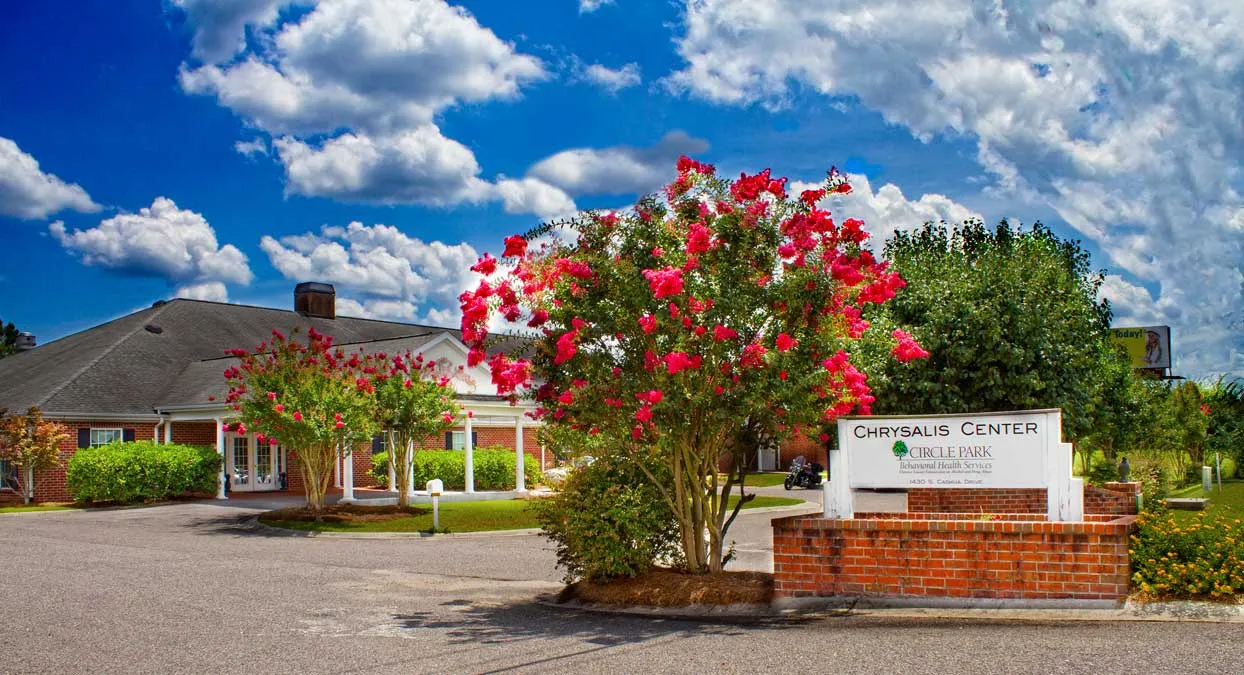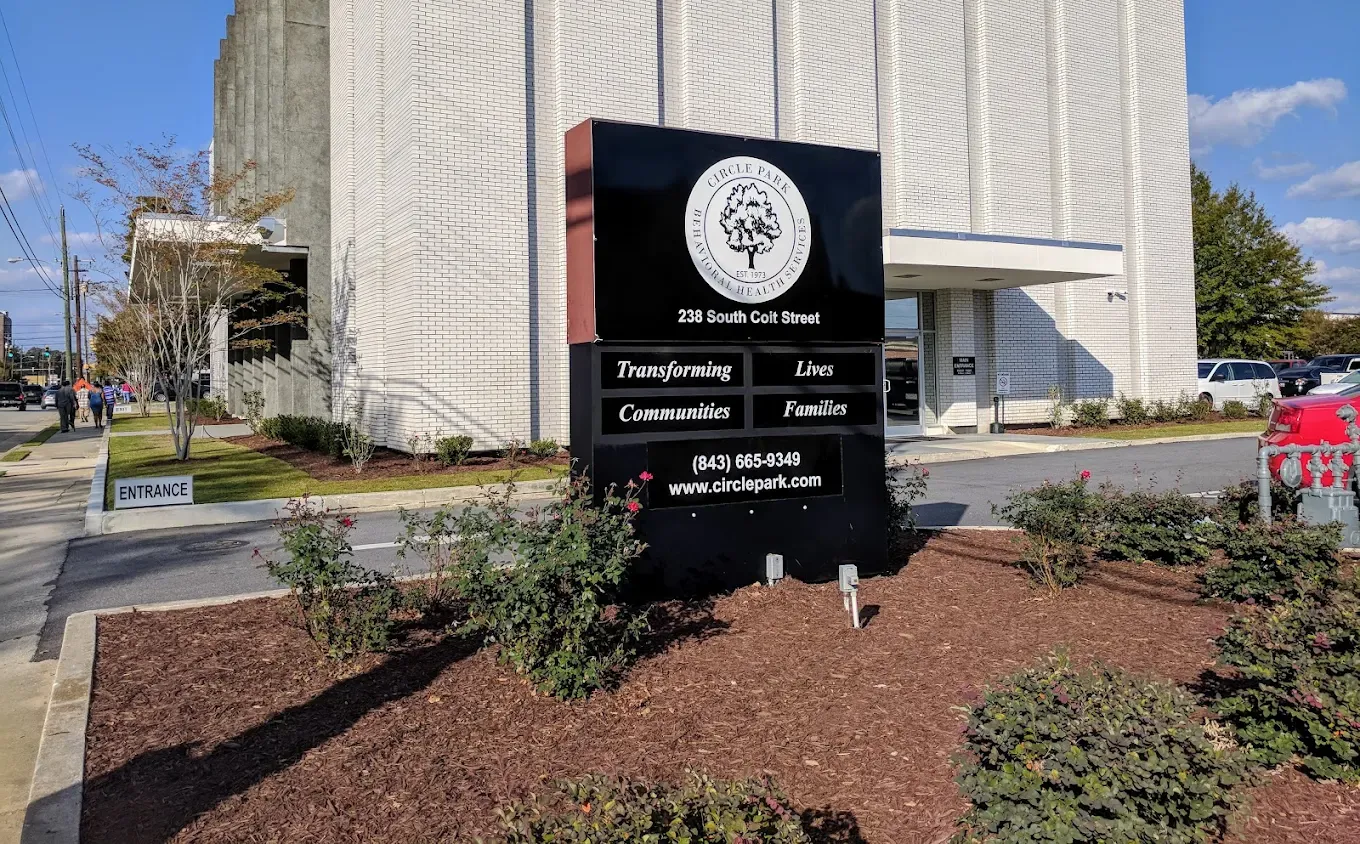Circle Park Behavioral Health Services Information
Treatment
Who We Treat
- Teens / Adolescents
- Adolescents
- Male and Female
Treatment Focus
- Marijuana
- Opioids
- Medication-Assisted Treatment
Approaches
- Evidence-Based
- Family Involvement
- Trauma Informed
Conditions We Treat
- Trauma
- Gambling
Substances We Treat
- Alcohol
- Prescription Drugs
- Heroin
- Opioids
- Marijuana/Cannabis
Languages
- English
Aftercare
- Intensive Outpatient Program
- Employment Counseling
- Continuing Care
- Peer Mentoring
- Employment/Vocational Counseling
- Support Meetings
- Mentoring and Peer support
Level of Care
- Outpatient
- Intensive Outpatient Program (IOP)
- Day Treatment
- Aftercare/Continuing Care
Experience
Smoking and Vaping Policy
- Smoking Allowed in Designated Areas
- Vaping Allowed in Designated Areas
Accreditations
-
Commission on Accreditation of Rehabilitation Facilities (CARF)
CARF accreditation is a prestigious recognition for organizations in rehabilitation and human services. It signifies that an organization meets rigorous quality standards and is committed to providing top-notch care. Achieving CARF accreditation involves a thorough evaluation process, including on-site surveys, to ensure excellence in programs and services. This accreditation boosts an organization's credibility, assures clients and funders of quality, and promotes ongoing improvement in the field of rehabilitation and human services.

Additional Locations
Circle Park Behavioral Health Services Accepts The Following Insurance Plans
Find the best treatment options. Call our free and confidential helpline today!














